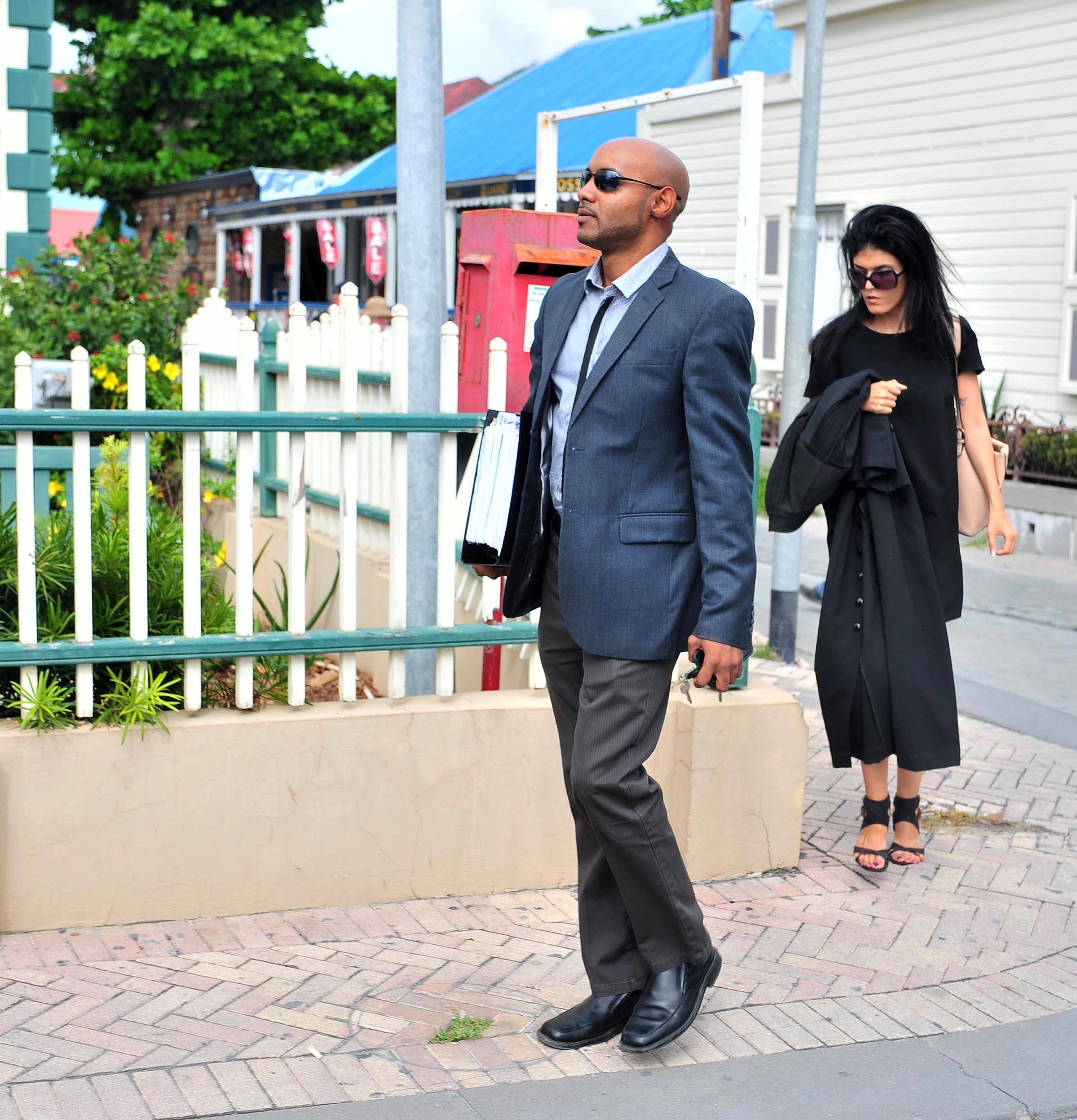Supreme Court makes Brownbill’s conviction irrevocable

PHILIPSBURG — Former parliamentarian Chanel Brownbill has lost his appeal at the Supreme Court against his conviction for tax fraud. The sentence handed down by the Common Court of Justice on March 5, 2020, has therefore become irrevocable: 18 months of imprisonment, of which 12 months are suspended, 240 hours of community service and 3 years of probation.
Attorney-General E.J. Hofstee concluded in a ruling dated January 12 that Brownbill’s appeal must be rejected. The Supreme Court routinely follows the attorney general’s conclusion.
Thijs Kelder, an attorney with Sjöcrona van Stigt in The Hague submitted five arguments to the Supreme Court in Brownbill’s defense, but they have all been turned down. Kelder is a specialist in cases about environmental criminal law, bribery and fraud.
In 2018 the Court in First Instance ruled that Brownbill’s community service will have to take place “within the context of the reconstruction of St. Maarten after Hurricane Irma.” The attorney-general demanded during the appeal hearing in 2020 that Brownbill also be stripped of his passive election right (the right to be elected). But the court ruled that the law does not allow such a measure as an additional punishment for the crimes Brownbill committed.
Between 2009 and 2016 Brownbill invoiced the harbor group of companies for more than $1.2 million through his company Country Construction but he never did any work for it. He never filed returns for income and turnover taxes; that way he defrauded the tax inspectorate for 890,000 guilders ($497,000).
The harbor paid Brownbill’s company with checks which he cashed at his bank.
Kelder’s arguments at the Supreme Court focused on the inkeerregeling, the inadmissibility of the public prosecutor, Brownbill’s obligation to file tax returns in a timely manner, not filing tax returns within the stipulated time frame and the motivation for the verdict against the defendant.
The inkeerregeling is an option in fiscal legislation that allows citizens to correct earlier tax returns voluntarily or to file tax returns they have failed to submit without fear for prosecution. But this has to be done before they are aware that the tax inspectorate is on their trail. Brownbill did not meet the criteria to use this escape hatch.
In a 50+-page ruling the attorney general shot down all arguments brought forward by Brownbill’s attorney.
The lower courts held it against Brownbill that he had been a member of parliament, a position that provided him with ample income and that he still saw reason to defraud the community of tax revenue. The courts also ruled that the defendant did not offer any explanation for his actions and that he did not express his regrets in a convincing way.
The defense arguments against these remarks by two different courts were that the charges against Brownbill cover a period before he became a candidate for parliament and that the report of the court hearings show that he did offer explanations and that he did express his regrets.
The Supreme Court’s attorney-general ruled that, as long as the judge remains within the boundaries of the law with respect to a sentence, the verdict can hardly ever be touched during a cassation procedure. “The judge is allowed to consider everything that has been said during the court hearing and everything that is established in court documents. The judge is also allowed to consider the attitude of a defendant during a trial, information related to the defendant and the moral reproach.”
About that attitude the ruling notes that, in spite of his claim that he would not run away from his responsibilities, Brownbill was not exactly forthcoming during the court hearings, citing remarks like “I do not remember all kinds of things” and “I do not remember that I withdrew $1.1 million in cash.”






















